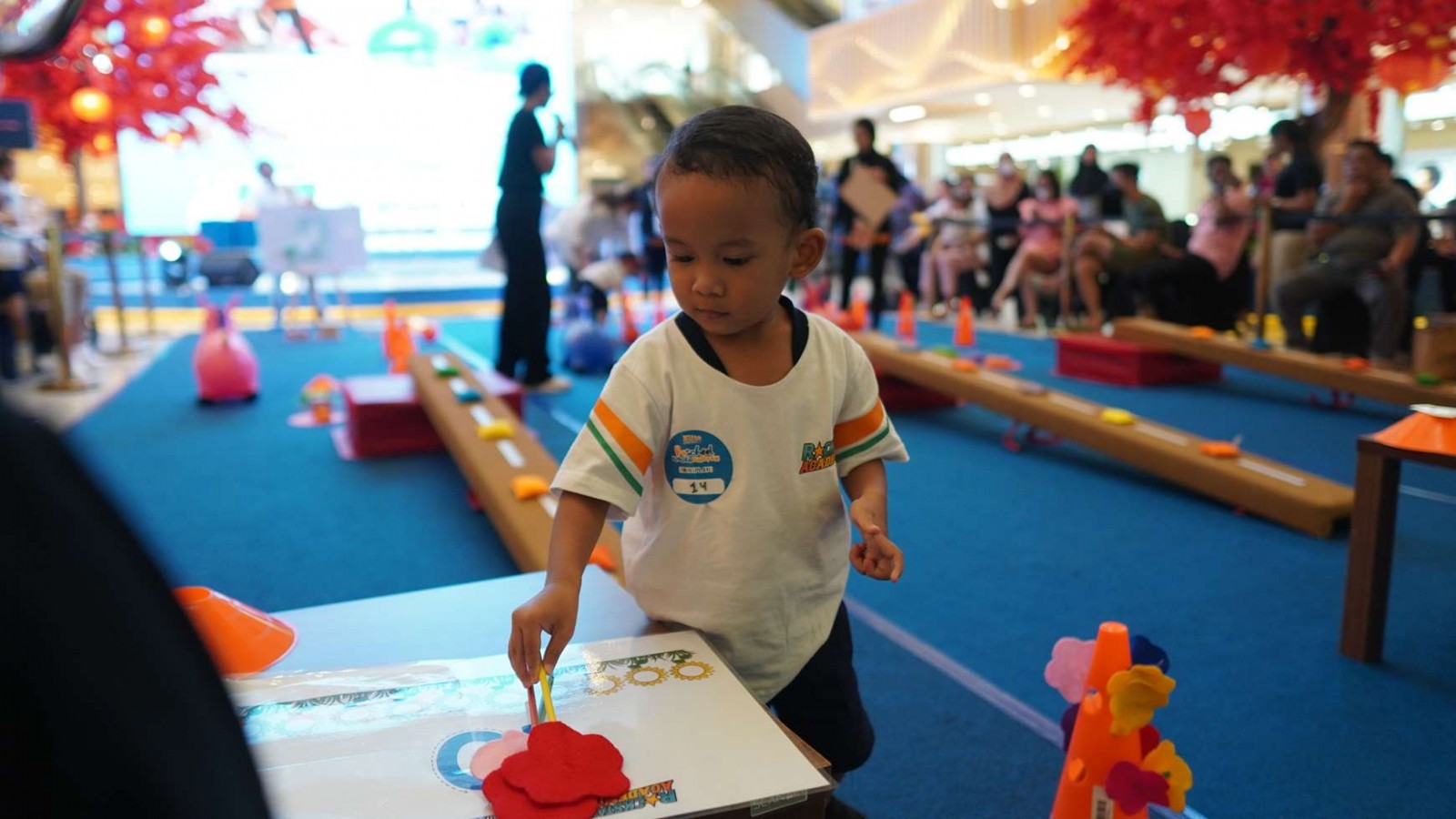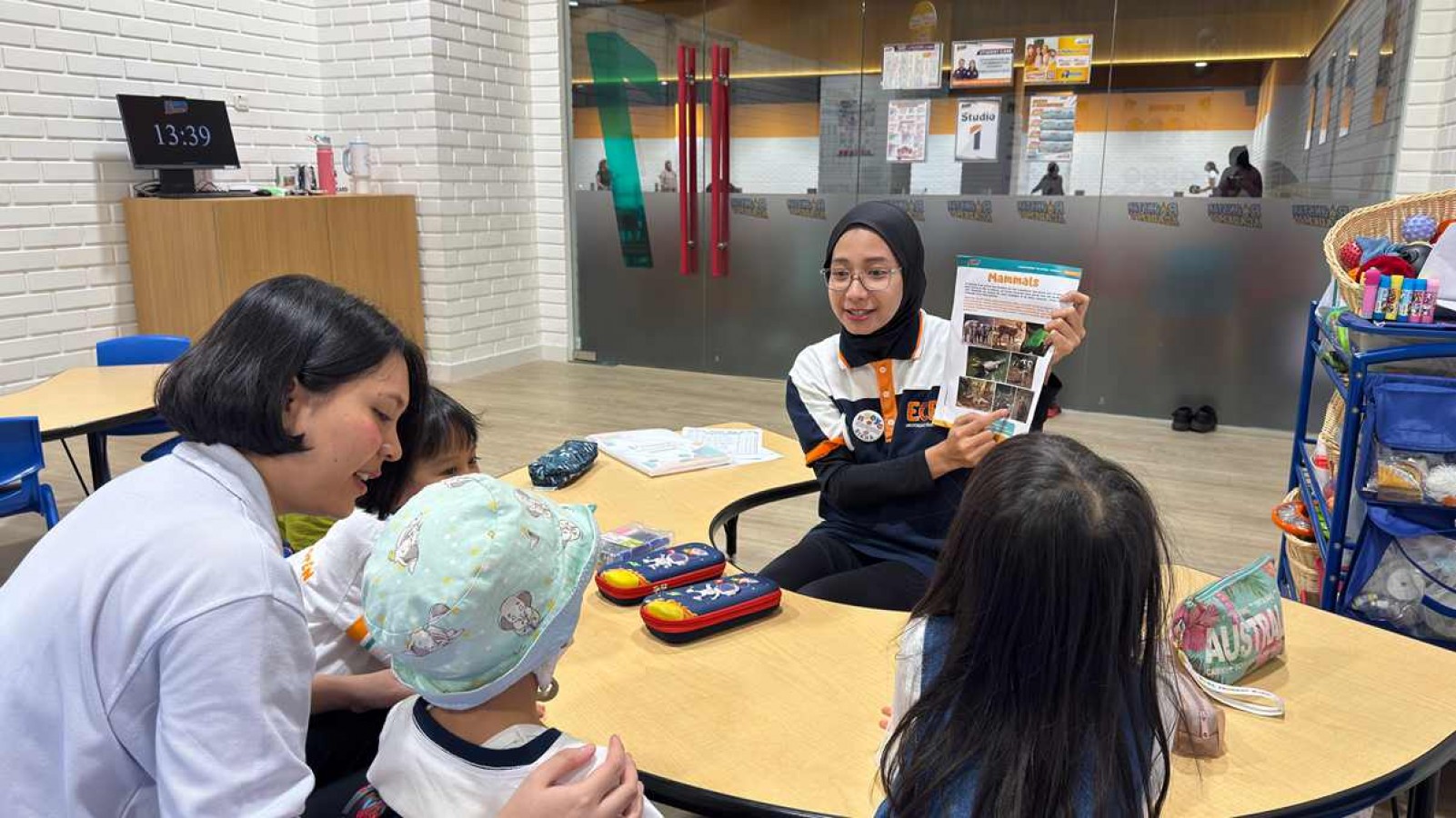How to Discipline Toddlers by Age and Developmental Stage

Let’s be real—raising toddlers is a wild ride. One moment they're hugging your leg, and the next, they’re having a meltdown over the color of their cup. If you're a parent, caregiver, or just someone who’s ever witnessed a toddler tantrum in the cereal aisle, you know that discipline isn’t about being strict.
But here’s the trick: discipline should match your child’s age and developmental stage. What works for a 1-year-old won’t work for a 3-year-old.
In this article, we’ll explore why discipline matters, how to discipline toddlers by age, why spanking and yelling can backfire, and what you can do instead to encourage good behavior and respond calmly to tantrums. Let’s solve chaos together!
Why Discipline Is Important (And It’s Not About Control)
Discipline is often misunderstood. It’s not about punishing a child for bad behavior but it’s about teaching them what is right, why it matters, and how to do better next time. Here’s why healthy discipline is so important:
- Builds Emotional Intelligence: Toddlers start to understand emotions. Discipline helps them learn what’s okay and what’s not in a safe and loving way.
- Teaches Boundaries: Children thrive when they know their limits. Boundaries give toddlers a sense of safety and predictability.
- Supports Development: Age-appropriate discipline encourages independence, empathy, and communication.
- Builds Trust: Consistent and loving discipline strengthens your relationship with your child, showing them they can trust you to guide them.
How to Discipline Your Toddler
Life with toddlers isn’t always predictable, so it’s important for parents to have strategies for handling misbehavior the moment it happens. If there’s a rule you want your child to follow—such as no hitting—it’s best to address it right away when you see the behavior. According to Kristin Carothers, Phd., the way you correct it is just as important as the correction itself.
Instead of only saying “No” or “Don’t do that,” give your toddler a clear alternative for what they should do instead. While children understand what “no” means, they may not know what the right action is after hearing it. For example, you might say, “Keep your hands to yourself” or “Use gentle hands.” This directs them toward the behavior you want to see, rather than leaving them uncertain about what to do next.
For children around age three, a short time-out can be useful for behaviors like hitting or pushing. Think of time-out as a short break from your positive attention. You could calmly say, “We keep our hands to ourselves. You hit your brother, so now you need to sit in this chair.” Keep it brief—no more than about three minutes for young children—and once it’s over, guide them toward a better choice: “You can ask your brother for the toy” or “You can touch your brother gently.”
Another effective approach is using natural consequences to reinforce rules. If your child is jumping on the couch, have them practice sitting calmly on it. If they write on the wall, involve them in cleaning it. Even if they can’t fully fix the problem, the act of trying helps connect their actions with the results and reinforces the boundaries you’ve set.
How to Discipline Your Toddler by Age and Developmental Stage
Toddlers grow so fast, and their brains are developing in amazing ways. Discipline strategies should grow with them. Here’s how to tailor your approach based on your child’s age and developmental stage:
1. Infants (0–12 Months): Watch, Guide, and Protect
Even though babies can't understand rules yet, they soak up everything you do and say. That’s why discipline at this stage starts with modeling the behavior you want to see. Smile, speak gently, and stay calm even during diaper blowouts. Babies learn through observation.
Use positive language when guiding your baby. Instead of saying “Don’t stand,” try “Time to sit.” It’s a small shift, but it sets a more encouraging tone. And save the word “no” for safety issues only—like hot stoves or sharp objects.
To avoid overusing “no,” simply baby-proof your space so there’s less temptation and danger around. When your little one grabs something off-limits (hello, TV remote!), calmly replace it with a safe and interesting object. This “distract and replace” approach works wonders.
Finally, it’s never too early to start building consistency. Talk with your partner, grandparents, or childcare provider about basic rules and routines. Consistency from all caregivers helps babies feel secure and builds the foundation for future discipline.
2. Toddlers (12–36 Months): Set Limits, Stay Consistent, and Teach with Love
Welcome to toddlerhood where saying “no” becomes your full-time job (but don't worry, we’ve got better tools). At this age, your child is starting to understand what’s allowed and what’s not—but they’ll still test limits to see how you respond. And that’s okay! Your calm and consistent response teaches them what’s expected.
Start by setting simple and clear rules like, “We don’t hit. Hitting hurts.” Use short phrases and repeat them often. When your toddler follows a rule or plays nicely, give specific praise: “Great job sharing your toy!”
Positive attention encourages them to repeat that behavior. When they do something you don’t love, it’s okay to ignore minor misbehaviors and redirect them to another activity especially when they're just seeking attention.
Tantrums are common at this age because toddlers are learning emotions without all the words. You can often prevent meltdowns by sticking to routines, offering choices (“Do you want the blue cup or the red one?”), and anticipating needs like naps, snacks, and cuddles.
If a tantrum still erupts, stay calm. Avoid yelling or spanking, which only teaches fear and aggression. Instead, try a brief time-out or calmly remove the source of conflict.
If your toddler hits or bites, model nonviolent behavior. Say, “We use gentle hands,” and show them how to touch kindly. And when conflicts happen between siblings, don’t take sides. If they're fighting over a toy, it’s totally fair to say, “The toy goes away until we can share.”
3. Preschool Age (3–5 Years): Encourage Responsibility & Problem Solving
Preschoolers are growing fast and their brains are buzzing with questions. They’re starting to understand rules and consequences but still need lots of practice. They also love testing limits and seeing how far they can go with parents and siblings.
That’s why this is the perfect time to introduce more responsibility and emotional awareness. Start giving your child small, age-appropriate chores like putting toys away or helping set the table. Give one or two clear, step-by-step instructions at a time, and follow up with praise: “Thank you for helping clean up—you’re such a great helper!” This builds confidence and cooperation.
Let your child make choices between acceptable options. For example, “Do you want to brush your teeth first or put on your pajamas first?” This gives them a sense of control while still following the routine.
It’s also a great time to introduce more in-depth emotional coaching. Teach them that it’s okay to feel angry or frustrated but not okay to hit or scream. Help them find healthy ways to cope. Several activities like talking it out, drawing, or taking deep breaths can also help.
When conflicts happen (and they will!), use calm discipline strategies. Time-outs can be effective at this stage if they are brief and explained: “You need a break because you were throwing blocks.” Or simply remove the source of the problem: “The toy is going away until you can take turns.”
And most importantly, model the golden rule: treat others the way you want to be treated. Preschoolers are watching and learning how you solve problems every day.
Why Spanking and Harsh Words Don’t Work (and Can Be Harmful)
You might’ve heard people say things like “A little spanking never hurt anyone.” But research shows otherwise. Spanking, yelling, or using harsh words might stop a behavior in the moment. But in the long run, it can hurt your child’s emotional development.
Here’s why it doesn’t work:
- Harsh discipline triggers stress hormones that interfere with healthy brain growth.
- Spanking may stop the behavior, but it teaches children to fear you and not to understand what’s right.
- Repeated criticism or yelling can lead to anxiety, shame, or insecurity.
How to Engage With Children So You Can Easily Discipline Them
Discipline works best when it’s built on a strong, positive relationship between you and your child. If your child feels understood, valued, and connected to you, they’re far more likely to listen and follow your guidance. In other words, the stronger the bond, the easier it is to set boundaries and have them respected.
1. Spend Quality Time Together
Children crave your attention, and they’ll work hard to get it—sometimes through positive behavior, and sometimes through misbehavior. When you regularly give them positive attention—like playing a game together, reading a story, or simply chatting—they won’t feel the need to “act out” just to get you to notice them. Even 10–15 minutes of undivided attention each day can make a big difference.
2. Show Genuine Interest in Their World
Ask your child about their favorite activities, what happened at school, or how they feel about something. Listen attentively without rushing to correct or judge. When children feel heard, they’re more open to hearing your guidance in return. This creates a sense of teamwork rather than “parent versus child.”
3. Use Positive Communication
The way you speak matters. Instead of barking orders, try using a friendly, respectful tone. Replace vague instructions like “Behave yourself” with specific ones like “Please use a quiet voice inside.” Keep your language encouraging—praise their efforts and acknowledge their good choices. This helps your child see you as a guide, not just an authority figure.
4. Connect Before You Correct
Before pointing out a mistake or giving a consequence, take a moment to connect emotionally. You might kneel down to their level, make eye contact, and say, “I can see you’re upset right now.” This simple act helps your child feel understood and calms them enough to actually hear what you’re saying. Once they feel that connection, discipline becomes more of a gentle redirection rather than a battle of wills.
5. Be Consistent and Reliable
Children feel secure when they know what to expect from you. If you set a rule, follow through on it every time. Consistency shows that your boundaries are firm and fair, and that you mean what you say. Over time, this builds trust, and your child learns that listening to you is always the easier option.
6. Balance Discipline With Affection
A hug after a tough conversation or a smile when they make an effort reinforces the idea that discipline doesn’t mean you love them any less. This balance between warmth and firmness teaches children that rules exist to help them, not to punish them.
Need Help on How to Discipline Your Toddlers?
Disciplining your toddler is about teaching, guiding, and growing together through every little stage. Remember, every meltdown, every giggle, and every test of patience is a chance to help your child learn about boundaries, choices, and kindness. And you don’t have to do it all alone!
If you ever need a little extra support, enrolling your child in a quality early childhood education program can make a world of difference. At Rockstar Academy, our Preschool & Kindergarten programs are designed to lay a strong foundation for academic success and help your little one thrive emotionally and socially.
Plus, we make learning fun through a variety of sports and performing arts programs, so your child grows healthy in both body and mind. Ready to see it in action? Come join us for a free trial class and experience why Rockstar Academy is the best place to start your child’s bright journey ahead!
FAQ
What’s the best way to discipline a strong-willed toddler?
Stay consistent. Offer choices within limits. Keep your tone calm but firm. Avoid power struggles and remember to engage them with respect.
Should I use time-outs?
Time-outs can work if they’re not used as punishments. A better term might be “calm-down time.” Use it to help them regulate emotions, not to shame them.
Is it okay to ignore tantrums?
Ignore the behavior, not the child. Stay close, stay calm, and be ready to support them when they’re ready to reconnect.
Can I discipline without rewards or punishments?
Absolutely! Discipline is about teaching. Praise, modeling, empathy, and natural consequences go a long way.



